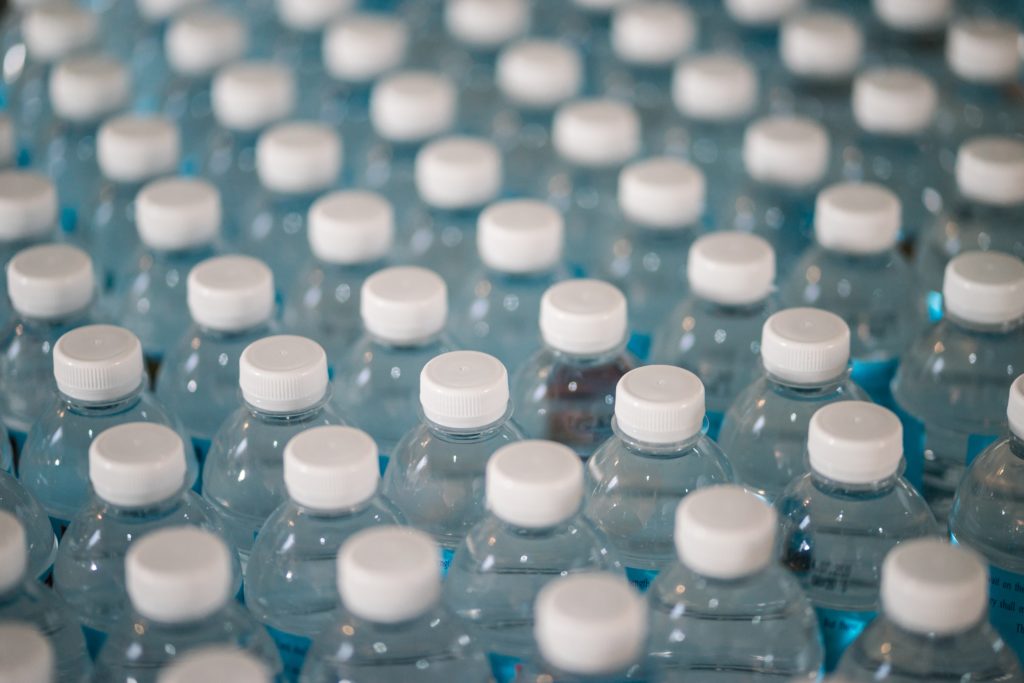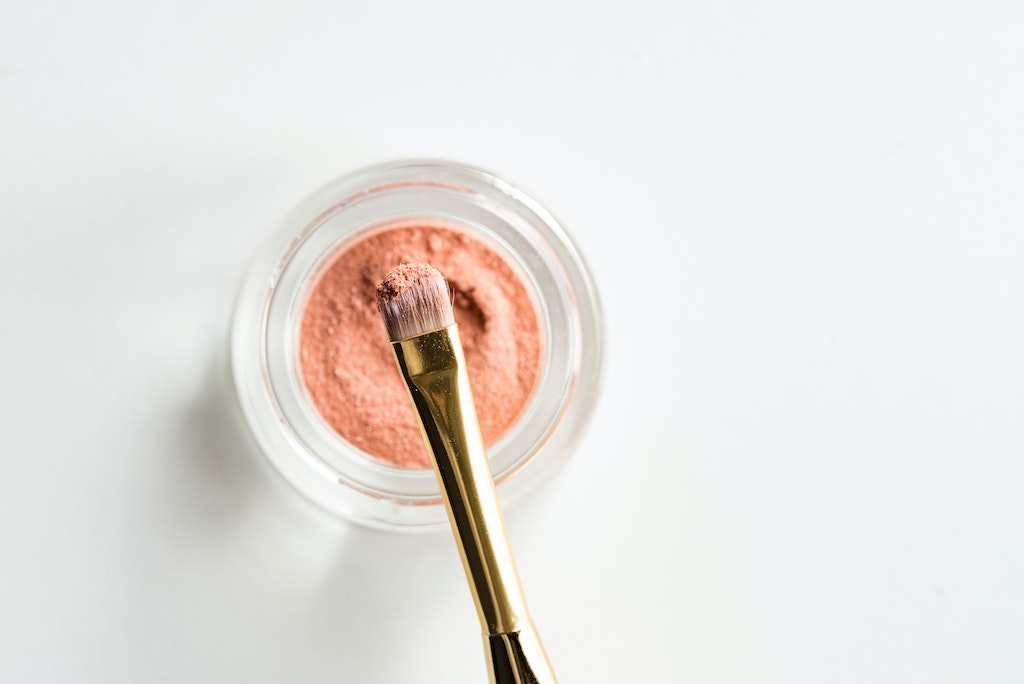3 Mins Read
The European Commission is taking steps to ban thousands of chemicals as part of the Green Deal’s Zero Pollution goal.
Europe has been leading the charge in chemical regulations for decades. But its newest move would be the largest regulation of its kind affecting thousands of common household and industrial chemicals.
The effort comes as leading scientists warned earlier this year that chemical pollution has become so pervasive that it crossed a “planetary boundary.” The effects are widespread, impacting ecosystems and threatening species including whales, as well as human health risks.
The Restriction Roadmap
The new “Restriction Roadmap” suggests bloc-wide bans on chemicals linked to a range of human health issues including cancer, hormonal disruption, and reproductive and metabolic disorders, among other risk factors. It’s the first time an entire class of substances is being targeted for restriction.
If approved, it would ban all flame retardants, which have been linked to cancer; bisphenols, which are common in plastics and linked to hormone disruptions; PVC plastic, which is least-recyclable and high in chemicals; as well as PFAS, also known as “forever chemicals,” which were found in nearly half of cosmetics in a recent study. The list includes thousands of more chemicals, including those found in children’s products.

“EU chemical controls are usually achingly slow but the EU is planning the boldest detox we have ever seen,” Tatiana Santos, the bureau’s chemicals policy manager, said in a statement. “Petrochemical industry lobbyists are shocked at what is now on the table. It promises to improve the safety of almost all manufactured products and rapidly lower the chemical intensity of our schools, homes and workplaces.”
The proposal suggests moving the chemicals to a rolling list that will undergo restriction consideration by the European Chemicals Agency. Substances will reviewed before a revision to the EU’s Reach regulation on chemicals in 2027. Reach is the world’s most comprehensive chemical register. The proposed items would have a significant impact on a range of industries, with bans affecting some €500 billion in revenue a year.
According to the EU’s internal markets commissioner, Thierry Breton, achieving a toxic-free environment would demand transparency and visibility from the commission. “The restrictions roadmap provides such visibility, and allows companies and other stakeholders to be better prepared for potential upcoming restrictions,” he said.
In 2019, researchers out of Germany found that from 2014 to 2019, top industrial companies including Bayer, Dow, ExxonMobil, and BASF, used millions of tons of chemicals without undergoing safety checks.
Chemical Risk Factors
Around 12,000 chemicals linked to human health issues are still widely used in a range of products, and EU officials say it’s time to whittle that number down. They say more fundamental changes are coming later this year.
Some of the chemicals identified for restriction were already targeted for removal, but the bulk of the list is new. The roadmap is targeting a 2030 deadline for removal.
Industries are pushing back. The chemical industry represents the fourth largest industrial sector in Europe.

A lot of different ingredients fall under the skin sensitiser group so a wide range of cosmetic products would potentially be affected,” said John Chave, the director general of Cosmetics Europe, a trade body, told The Guardian. “The effect on consumers would be that there would potentially be less variety, less choice and less functional effectiveness for cosmetic products with no gains for safety whatsoever because the ingredients were safe in the first place.”
About 75 percent of the chemicals produced in Europe are labeled as hazardous; a recent UN report found chemical pollution causes more deaths than covid. And Europeans, at least, are taking notice. Recent polling found 84 percent of Europeans are worried about the negative health effects of chemicals, and 90 percent said they were concerned about chemical impact on the environment.
Lead photo by Christopher Williams on Unsplash.




